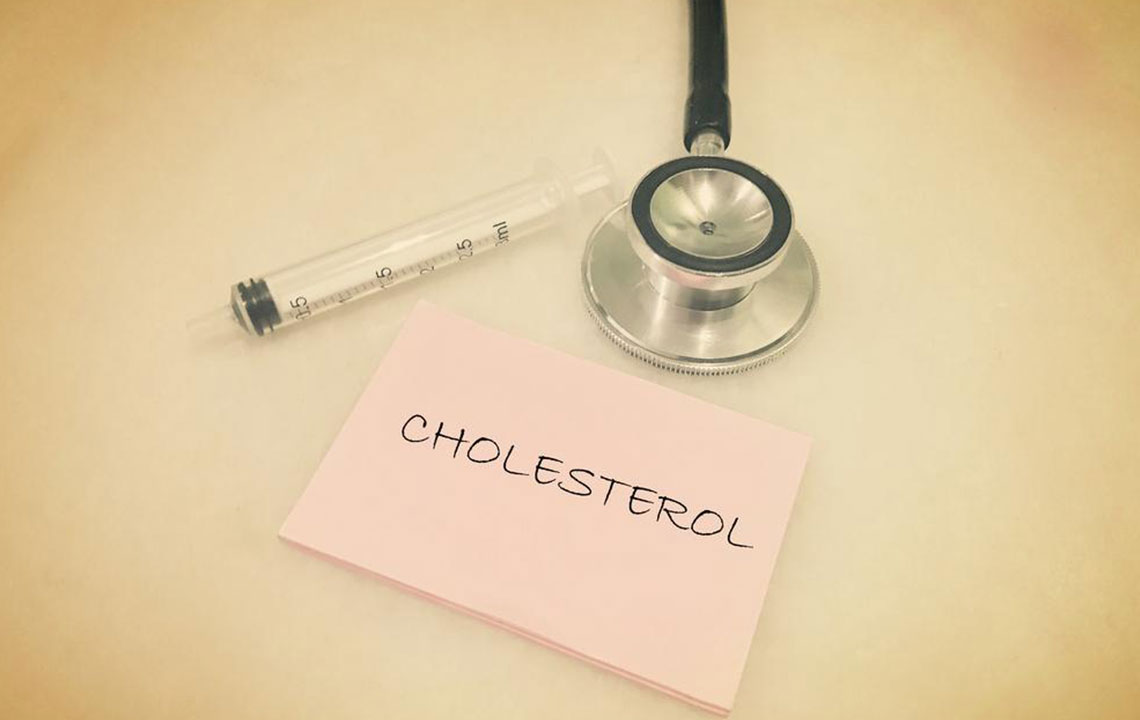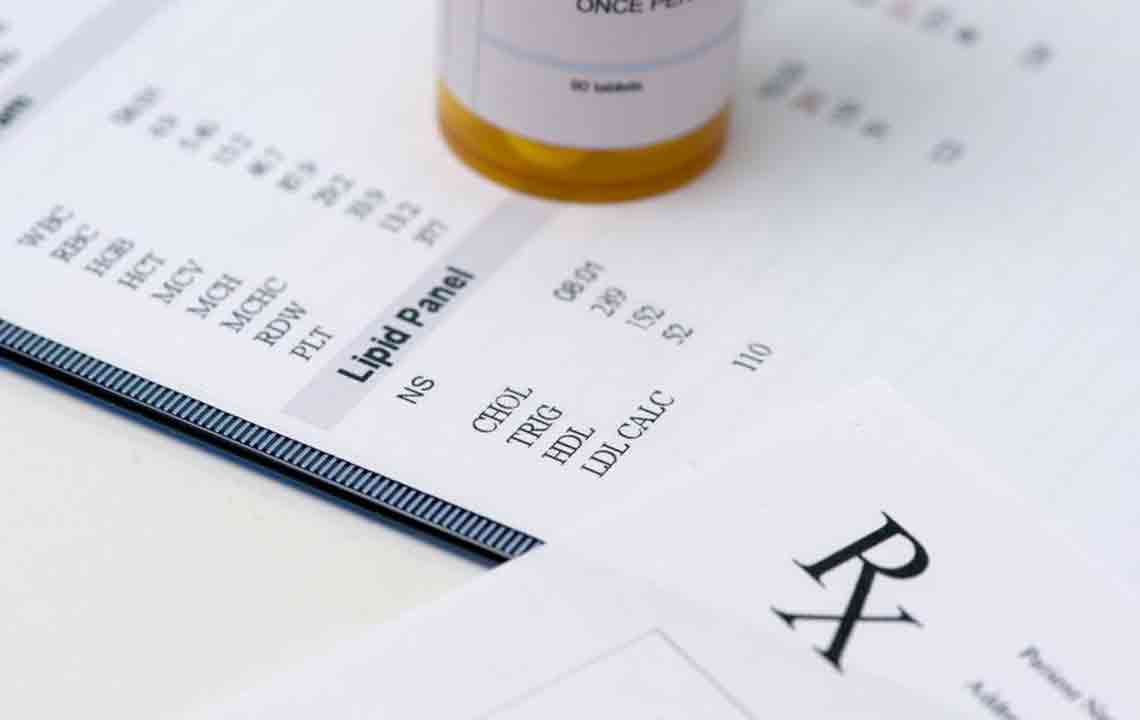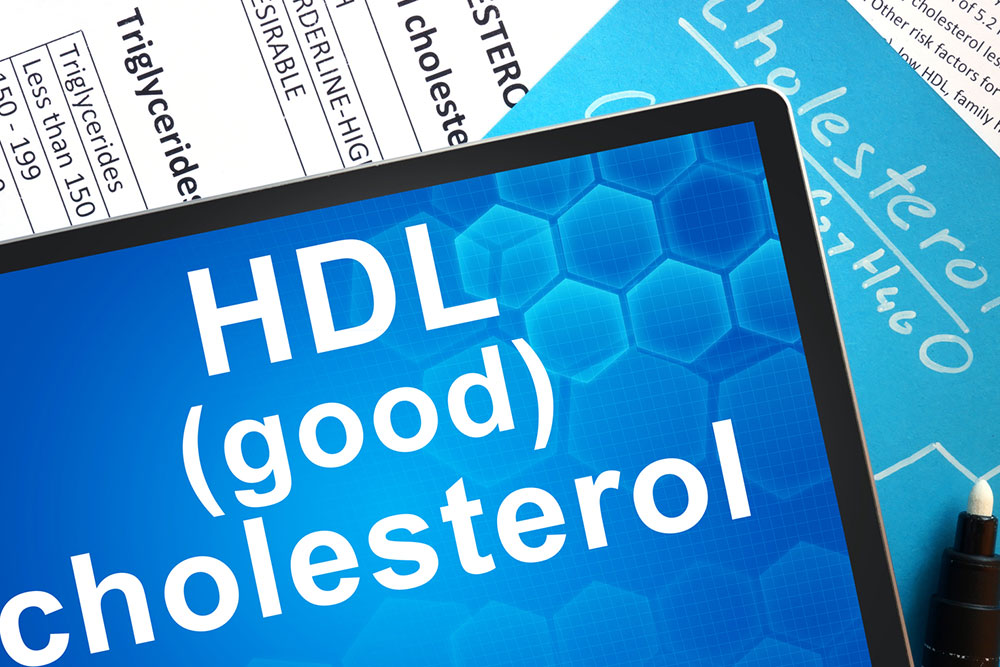Effective Strategies and Treatments for Managing Elevated LDL Cholesterol Levels
This article discusses essential strategies for managing high LDL cholesterol, highlighting lifestyle changes, medications, and the importance of regular testing to prevent serious health issues like heart disease and strokes.

Cholesterol is essential for your body’s functions when it is the good type, known as HDL cholesterol. However, excess low-density lipoprotein (LDL) cholesterol can pose serious health risks and requires targeted management. High LDL levels can impair nerve and brain functions, increasing stroke risk and affecting memory. It also contributes to artery blockages, leading to atherosclerosis, heart attacks, and peripheral arterial disease. Additionally, hormonal imbalances like hypothyroidism can raise LDL levels, as can digestive issues such as gallstones. Regular blood testing is vital, as high LDL often shows no symptoms. Effective management involves lifestyle modifications and medications, tailored after medical evaluation. Key interventions include dietary adjustments, weight control, and consistent physical activity. Medications such as statins, bile acid sequestrants, and ezetimibe aid in LDL reduction. Healthcare providers consider factors like smoking, blood pressure, family history, and age before prescribing treatments, ensuring comprehensive care. Implementing these measures over time significantly reduces health risks associated with high LDL cholesterol.










